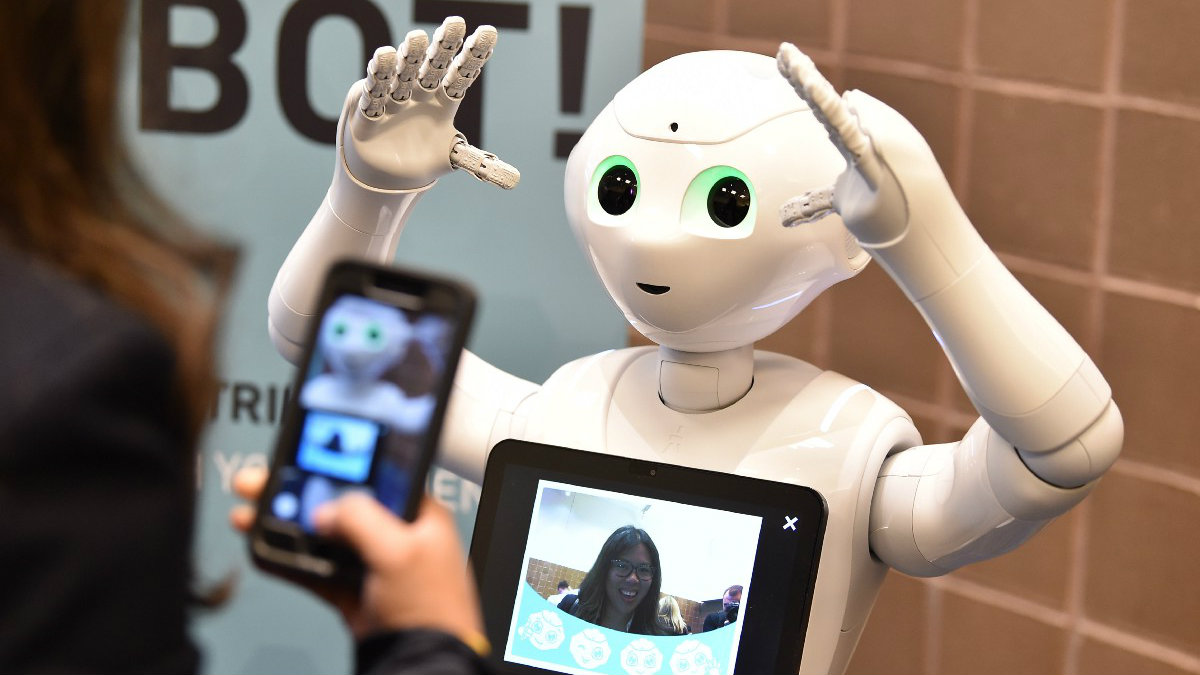Dr Joanna Bryson and her research group in the Department of Computer Science have received the funding from the AXA Research Fund, which supports scientific discoveries that contribute to societal progress.
Dr Bryson’s group will use advanced humanoid Pepper robots in a variety of scenarios.
One of the main things that they will investigate is whether a humanoid design will implicitly make people see the robots as more human, even when they are explicitly given information about its programmed priorities and decision making process.
Dr Bryson said: “One of the UK’s Principles of Robotics, the only national level document on AI ethics to this day, says that robots are manufactured artefacts and it’s unethical to design them in a way that’s deceptive, their machine nature should be transparent.
“We’re really going to be testing that for the first time with humanoid robots. We know that by exposing people to the priorities of other robots in real time they can get a better understanding of how the AI works
“So the question with this research is whether making the robot more like a human will let people make the same progress, will it become harder to understand what the AI is doing? Or are there ways to help people have a better understanding?
“I suspect it will affect people because as humans we’re implicitly programmed to care about what other people are doing. The robots we’re going to use are fantastic, highly charismatic.
“This research is utterly unique. There are unfortunately very few properly controlled experiments in robot ethics that account for the full machine nature of the robot, so we’re really honoured to be given the opportunity.”
The grant from the AXA Research Fund will fund three-years of research. This week Dr Bryson has been appearing at the World AI Summit in Amsterdam.
The research ties into Dr Bryson’s wider interest in how society focuses on certain aspects of AI, such as a hypothetical future where humanoid competitors for jobs and resources, despite the fact AI is already pervasive in society, in search engines, mobile phones, web browsers, GPS systems, even word processors.
She added: “It’s been the basis of my research for decades, people worry about the idea of AI but they worry about the wrong things. People worry about robots taking over the world but they don’t worry about privacy.”

